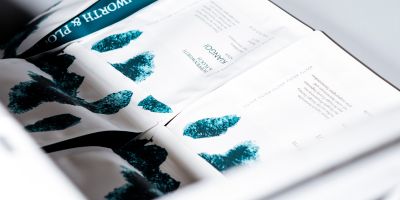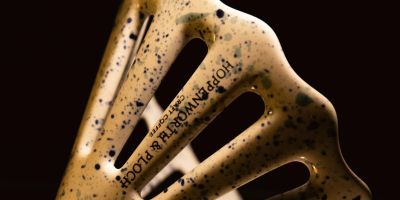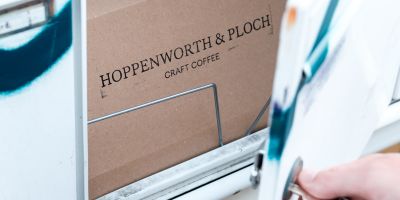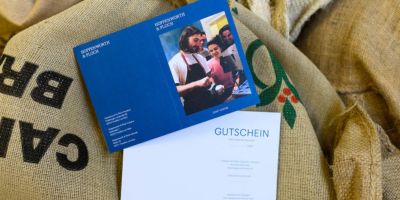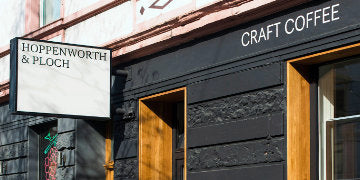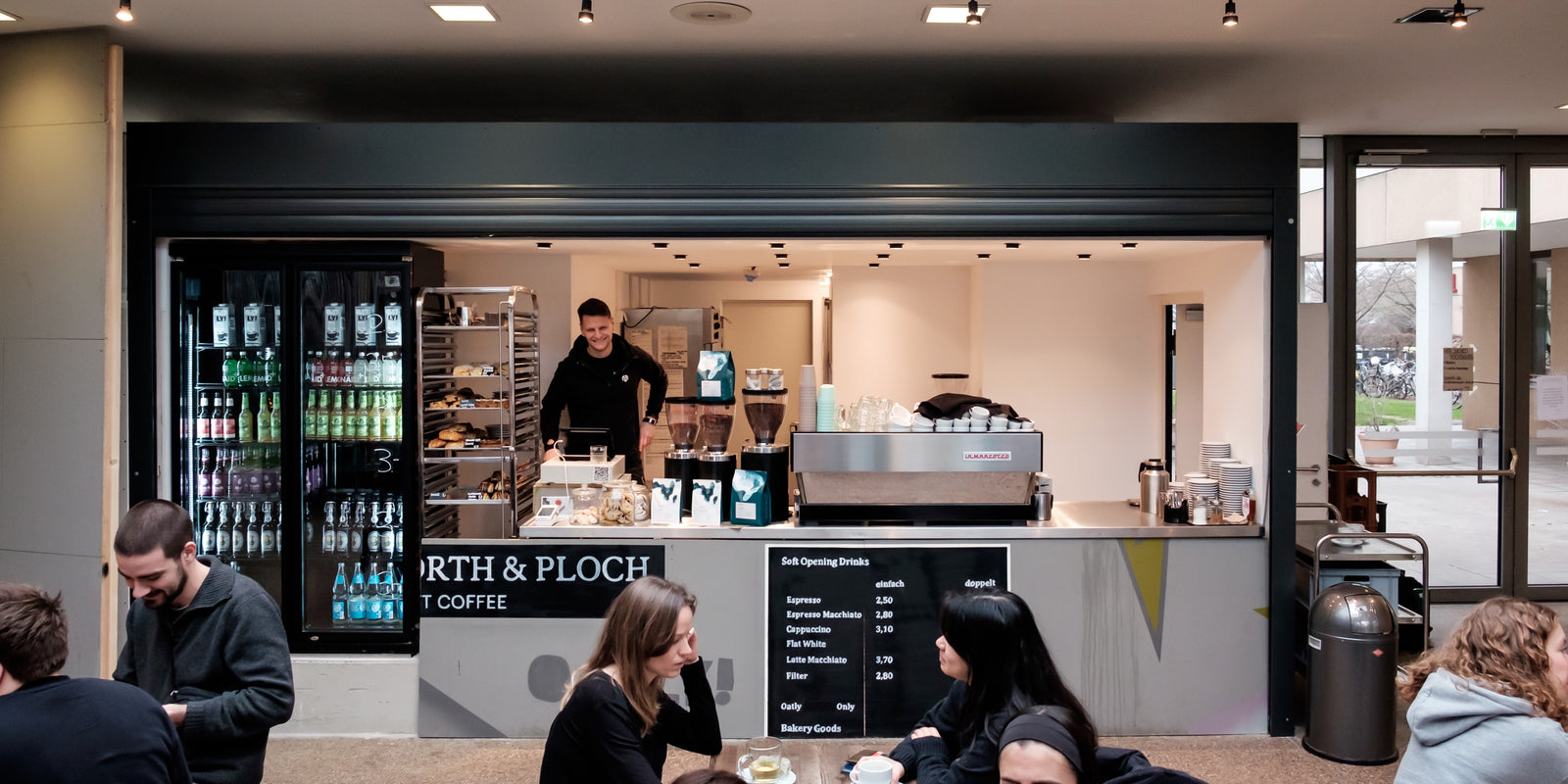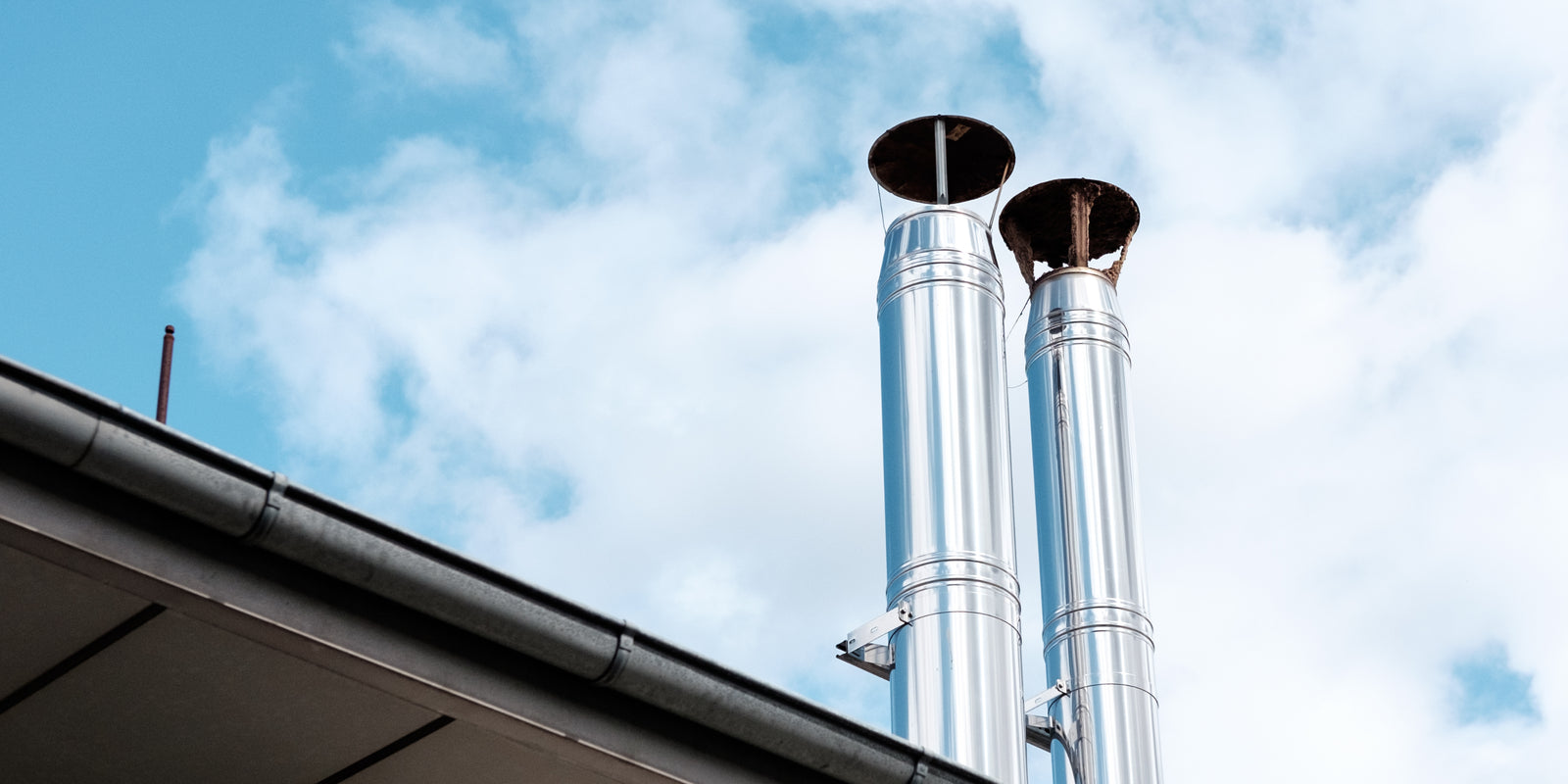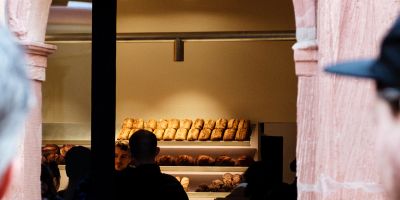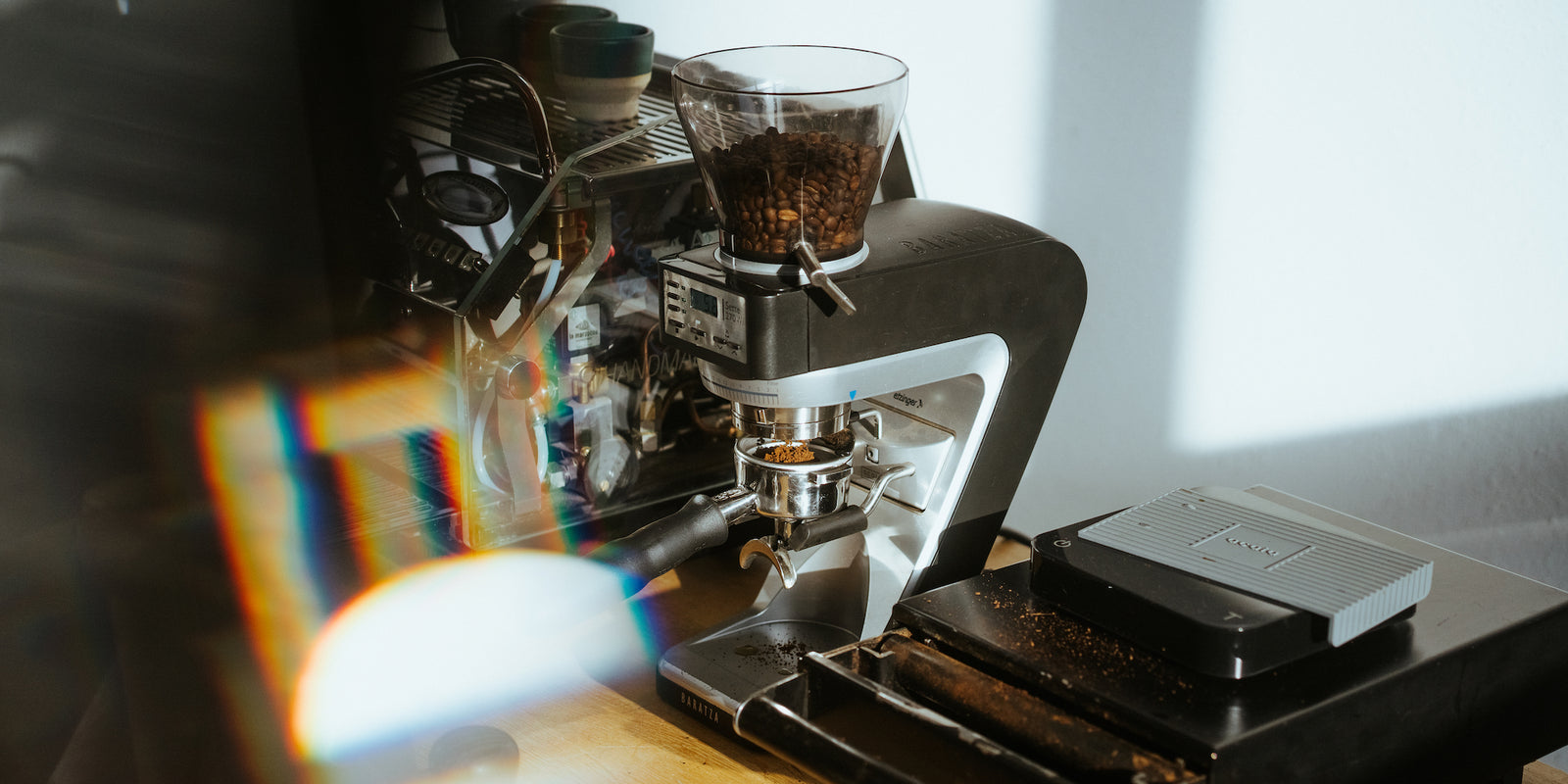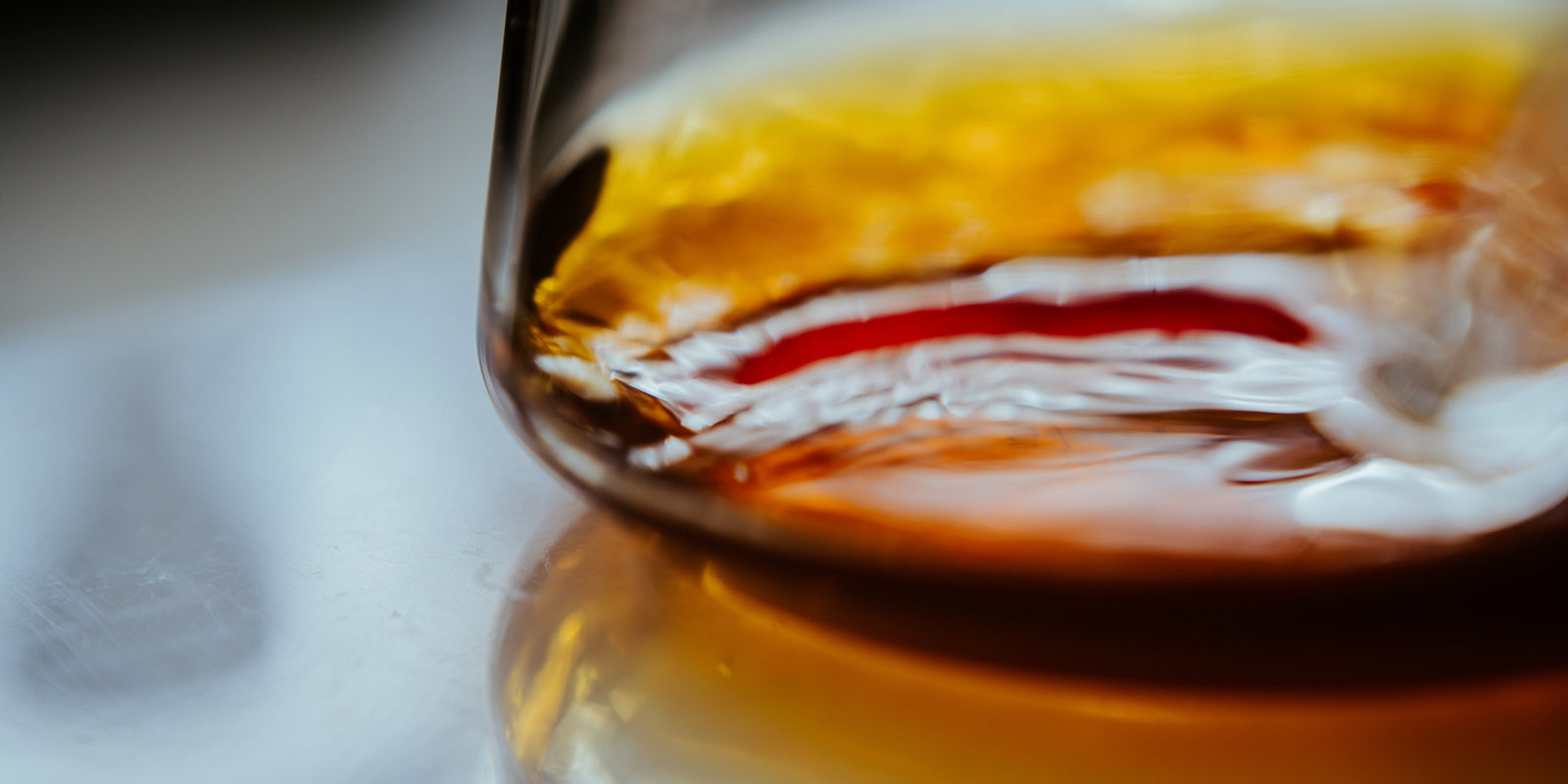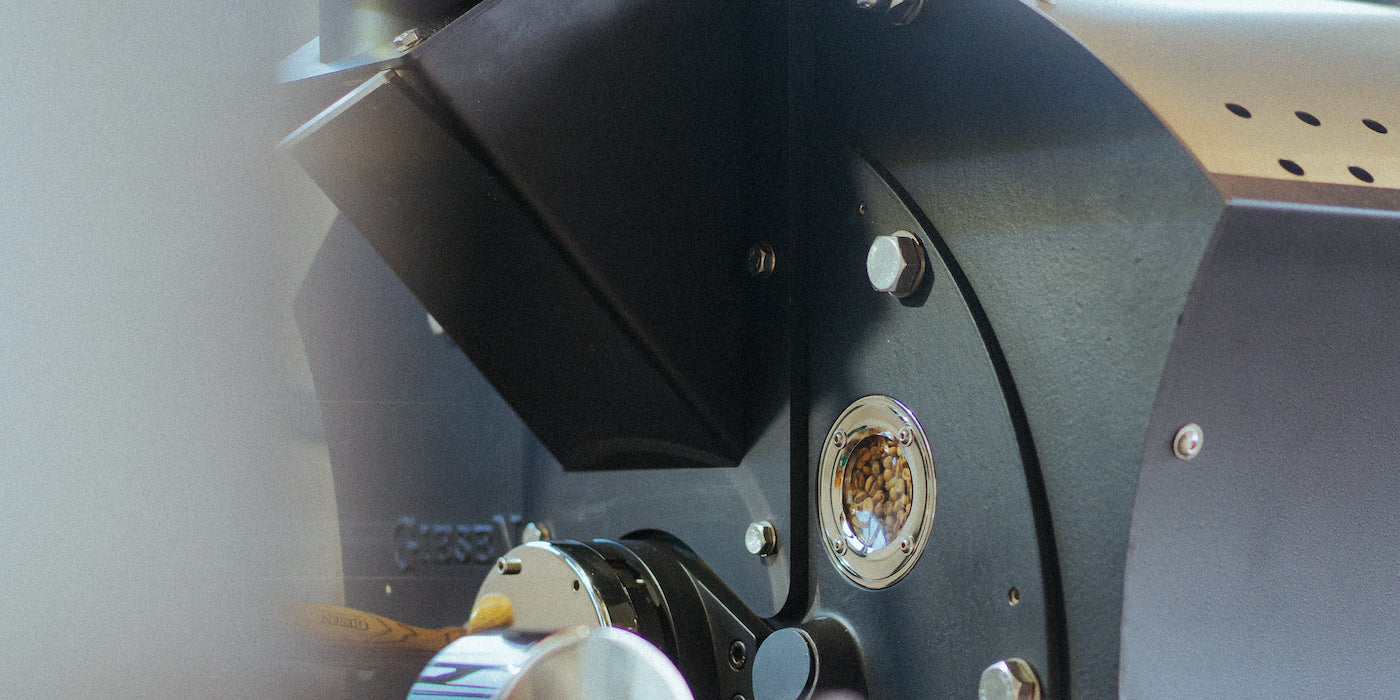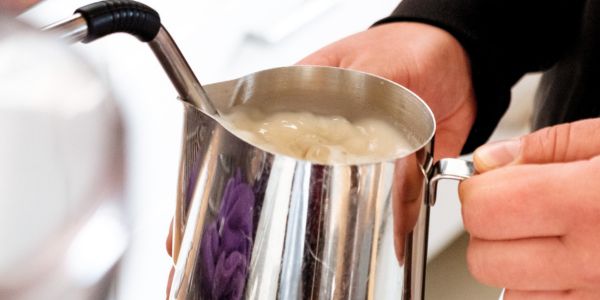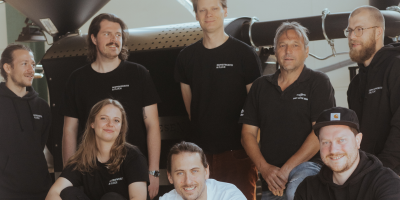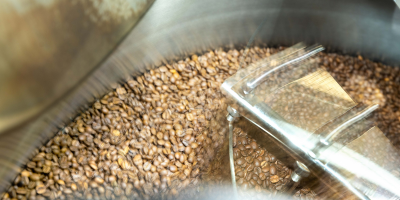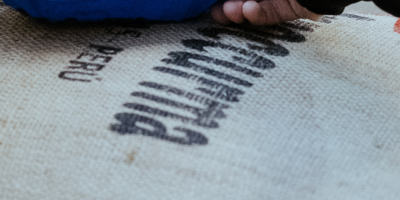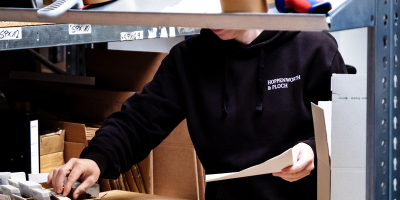Ihr Warenkorb ist leer
Versandkostenfrei in DE ab 39 € // Neue Seminartermine immer am ersten Freitag des Monats für den Folgemonat
Versandkostenfrei in DE ab 39 € // Neue Seminartermine immer am ersten Freitag des Monats für den Folgemonat
Locations
Kurse & Seminare
Über Uns
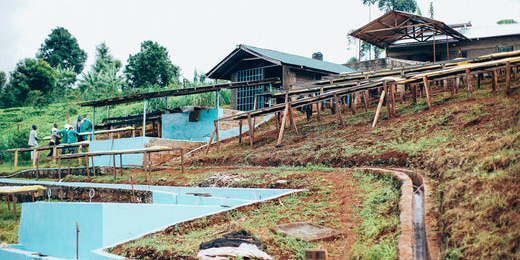
Kenia - weltweit beliebter Kaffeegenuss
September 08, 2021 5 min lesen.
Geschichte & Anbau
In Kenia beginnt die Geschichte des Kaffeeanbaus erst Ende des 19. Jahrhunderts. Eingeführt wurde die erste Kaffeepflanze wohl von Großbritannien während der britischen Besetzungszeit. Zunächst entstanden große Farmen rund um Nairobi, die ausschließlich von Brit*innen betrieben wurden. Erst nach 1960, als Kenia wieder unabhängig wurde, fingen die Kenianer*innen selbst an auf kleinen Farmen Kaffee anzubauen und entwickeln hier bis heute einen der feinsten und höchstqualitativen Kaffees der Welt.
Während die Kenianer*innen selbst mehr Tee als Kaffee trinken, was den Grund eben in der sehr jungen Kaffeekultur hat, werden die Kaffees, die aus Kenia kommen, weltweit als eine der besten Kaffees überhaupt bezeichnet. In Kenia wird ausschließlich Arabica Kaffee angebaut. Robusta finden wir hier nicht.
Jährlich produziert Kenia circa 800.000 Säcke an Rohkaffee. Das Nachbarland Äthiopien produziert im Vergleich dazu etwa 6 Millionen Säcke.
Qualität & Geschmack
Kaffee aus Kenia zeichnet sich durch eine besondere Komplexität und einen vollen Körper aus. Die bekanntesten Varietäten sind SL ("Scott Laboratory") 28 und SL34. Beide wurden in den 1930er Jahren in den Scott-Laboratories, einer von den britischen Kolonialherren eingerichteten Forschungseinrichtung, aus Typica und Bourbon-Eltern gekreuzt - das Ziel lag vor allem darin, Varietäten zu finden, die über höhere Resistenzen gegen Umweltfaktoren verfügen. Sie sind der Grund für den unverwechselbaren Körper und die besonderen beerigen und manchmal auch blumigen Noten, für die kenianischer Kaffee so bekannt ist.
Typische Geschmäcker, die wir im kenianischen Kaffee finden, sind Brombeere und Johannisbeere, oder auch Hibiskus und Rhabarber.
Anbau & Ernte
Unser neuester Kaffee aus Kenia kommt von der Konyu Washing station (zum Probieren direkt hier entlang). Er stammt aus der Region Kirinyaga, an südwestlichen Ausläufern des Mount Kenya - Massivs. Das zentrale wie auch das westliche Hochland Kenias zeichnen sich durch ein ausgewogenes Klima aus. Ausgewogene Niederschläge und Temperaturen haben hier einen sehr guten Einfluss auf die sensible Kaffeepflanze. Der Boden in diesen Regionen ist aus vulkanischem Gestein und weist eine hohe Anreicherung mit Phosphor auf. Diese Bedingungen wirken sich sehr positiv auf die anspruchsvolle Arabica-Bohne aus, und unterstützen die Bildung des besonderen Aromas sowie eine ausgeprägte Säurekultur.
In der Region Kirinyaga, sowie insgesamt rund um den Mount Kenya, wird der Kaffee auf kleinen Farmen angebaut. Die Farmer*innen schließen sich hier in Kooperativen zusammen, und verarbeiten den Kaffee an ausgewählten Stationen, den sog. „washing stations“. Die Verarbeitung erfolgt hier fast ausschließlich als gewaschener Kaffee („washed“), erst seit wenigen Jahren ist es kenianischen Kaffeeproduzent_innen überhaupt erst erlaubt, die geernteten Kaffeekirschen anders aufzubereiten. Die Ernte ausschließlich per Hand. Dies ist ein weiteres Qualitätsmerkmal des einzigartigen kenianischen Kaffees.

Kaffeehandel in Kenia
Der Kaffeehandel in Kenia erfolgt zu etwa 70-80% über Auktionen in Nairobi, der Hauptstadt des Landes. Diese sog. Kaffeebörse erlaubt es den kleineren Farmer*innen, den Verhandlungen direkt beizuwohnen und transparente Einsicht in die Preisfindung zu erhalten. Die Käufer*innen können im Vorfeld der Auktion Samples der Kaffees anfordern und die Qualität so vorab prüfen. Der Nachteil liegt in diesem Prozess darin, dass eine direkte und nachhaltige Beziehung mit den Farmer*innen nicht hergestellt werden kann. Außerdem wird kritisiert, dass durch die Vielzahl an Beteiligten im Prozess, die zwischen Farm und Importeur*innen stehen, ein Großteil des Preises nicht an die Farmer*innen, sondern an Zwischenhändler*innen geht.
Heute werden etwa 20-30% des Kaffees aus Kenia direkt gehandelt. 2006 wurde dafür in Kenia das sog. „Second Window“ definiert, was es erlaubt, den Kaffee als Rösterei oder Rohkaffeeimporteur direkt von einer Kooperative oder Farm zu kaufen. Bis dahin war die Nutzung der Auktionsplattform obligatorisch.
Unser Kaffee aus Kenia...
...überzeugt durch viel Süße und Spitzigkeit und erinnert im Geschmack an süße Johannisbeere. Als Filter oder Espresso ist das Geschmackserlebnis einzigartig und verkörpert all das, was kenianischen Kaffee so besonders macht. Viel Spaß beim Probieren!
//// English Version ///
History & Cultivation
In Kenya, the history of coffee cultivation begins only at the end of the 19th century. The first coffee plant was probably introduced by Great Britain during the British occupation. Initially, large farms were established around Nairobi, which were run exclusively by British nationals. Only after 1960, when Kenya became independent again, the Kenyans themselves started to grow coffee on small farms and still develop one of the finest and highest quality coffees in the world.
While the Kenyans themselves drink more tea than coffee, which is due to the very young coffee culture, the coffees that come from Kenya are considered to be some of the best coffees in the world. In Kenya, only Arabica coffee is grown. Robusta is not found here.
Kenya produces about 800,000 bags of green coffee annually. In comparison, the neighboring country Ethiopia produces about 6 million bags.
Quality & Taste
Coffee from Kenya is characterized by a special complexity and a full body. The best known varieties are SL ("Scott Laboratory") 28 and SL34. Both were crossed from Typica and Bourbon parents in the 1930s at the Scott Laboratories, a research facility set up by the British colonial masters - the aim was primarily to find varieties with higher resistance to environmental factors. They are the reason for the distinctive body and the particular berry and sometimes floral notes for which Kenyan coffee is so well known.
Typical flavors we find in Kenyan coffee are blackberry and currant, or hibiscus and rhubarb.
Cultivation & Harvest
Our latest coffee from Kenya comes from the Konyu Washing station (to taste it, go directly here). It comes from the Kirinyaga region, on the southwestern foothills of the Mount Kenya massif. The central as well as the western highlands of Kenya are characterized by a balanced climate. Balanced rainfall and temperatures here have a very good influence on the sensitive coffee plant. The soil in these regions is made of volcanic rock and has a high enrichment with phosphorus. These conditions have a very positive effect on the demanding Arabica bean, and support the formation of the special aroma as well as a pronounced acid culture.
In the Kirinyaga region, as well as around Mount Kenya, the coffee is grown on small farms. The farmers join together in cooperatives and process the coffee at selected stations, the so-called "washing stations". The coffee is almost exclusively processed as washed coffee. Only in the last few years have Kenyan coffee producers been allowed to process the harvested coffee cherries in a different way. The harvest is exclusively done by hand. This is another quality feature of the unique Kenyan coffee.

Coffee trade in Kenya
About 70-80% of the coffee trade in Kenya takes place via auctions in Nairobi, the capital of the country. This so-called coffee exchange allows the smaller farmers to participate directly in the negotiations and to have transparent insight into the pricing. Buyers can request samples of the coffees in advance of the auction and thus check the quality in advance. The disadvantage of this process is that a direct and sustainable relationship with the farmers cannot be established. In addition, it is criticized that due to the large number of participants in the process, who stand between the farm and the importers, a large part of the price does not go to the farmers, but to middlemen.
Today, about 20-30% of the coffee from Kenya is traded directly. In 2006, the so-called "Second Window" was defined for this purpose in Kenya, which allows roasters or green coffee importers to buy coffee directly from a cooperative or farm. Until then, the use of the auction platform was mandatory.
Our coffee from Kenya...
...convinces with a lot of sweetness and spiciness and reminds in taste of sweet currant. As a filter or espresso, the taste experience is unique and embodies everything that makes Kenyan coffee so special. Have fun tasting it!
Join our Coffee Crew
10% Rabatt auf Deine 1. Kaffeebestellung.Und mehr: Melde Dich für unseren Newsletter an und verpasse keine Kaffee-Releases, Angebote und Hintergrundgeschichten mehr.
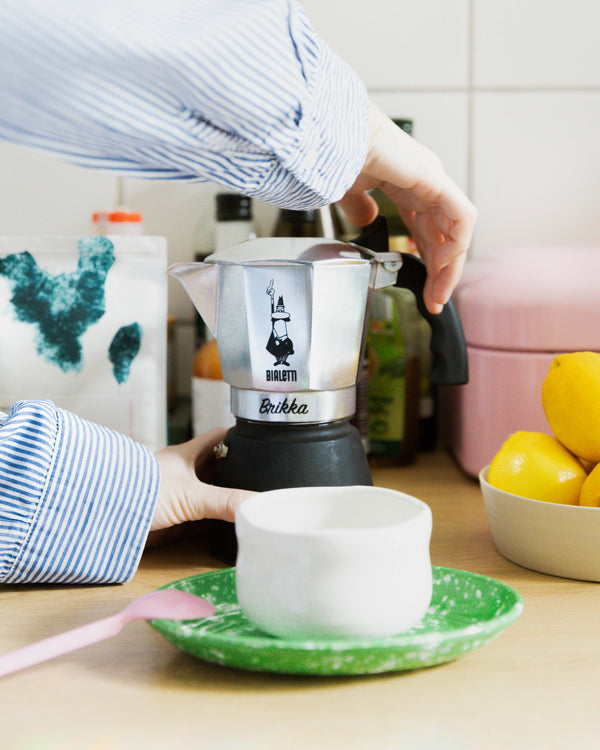
Never miss out on great coffee again!
Jeden Monat ein neuer, frischer Kaffee für zuhause? Egal ob Filter oder Espresso - mit unserem Kaffee Abo begibst du dich regelmäßig auf eine kleine sensorische Weltreise durch die Welt des Kaffees - weltweit versandkostenfrei!

